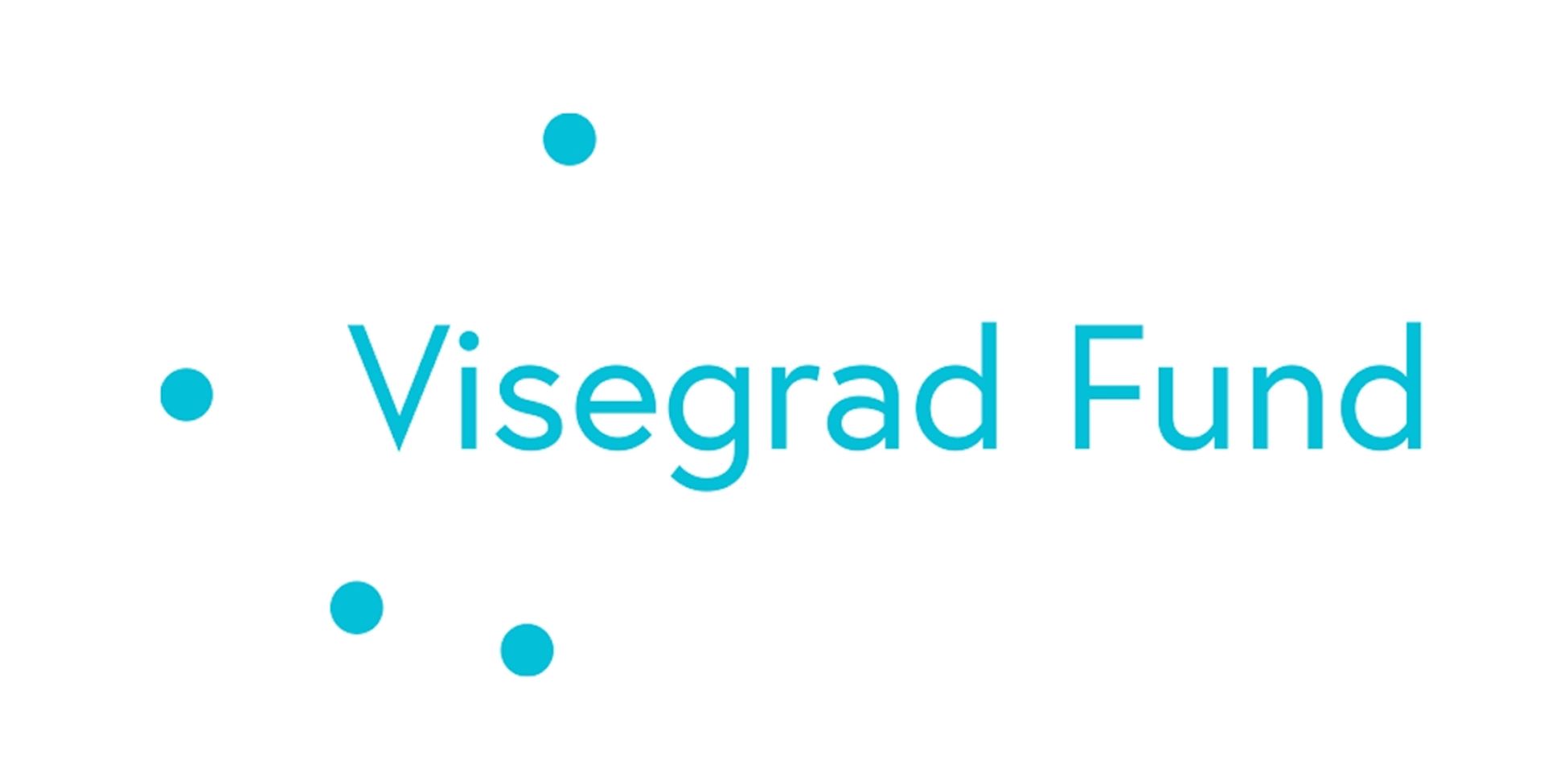The guests share their experiences with developing a relationship with film among children, young people, and adult audiences, educational approaches that connect film, art, and digital culture, and how to work with audiences across generations and media.
The guests of the series are Milan Šimánek (head of Kino Art and director of the BRNO16 International Film Festival), Karolina Śmigiel (director of the Youth Documentary Film Festival LET'S DOC), Nóra Lakos (film director and director of Cinemira - International Children's and Youth Film Festival) and Michal Kučerák (curator and researcher in the field of digital and data literacy).
Milan Šimánek presents how Kino Art and the BRNO16 festival work with their audiences. He shares his experiences with audience changes and ways to reach new groups – from young people to seniors – without losing regular visitors. He also presents ways of collaborating with communities and schools, the importance of accompanying events, and how to create an original and attractive cinema or festival program that attracts both new and regular audiences.
The interview is available HERE.
Karolina Śmigiel talks about the LET’S DOC festival and shares her experiences with film and audiovisual education. She also presents the value of documentary films for children and young people, the challenges of engaging young audiences, and the benefits that working with films brings not only to young people but also to teachers. She describes her approach to film education, her collaboration with young audiences at the festival, and the biggest current challenges in film education in Poland and Europe.
Nóra Lakos shares her vision for the development of film culture among children and young people in Hungary as part of the Cinemira festival. She describes the differences between creating and curating films for young audiences, working with audiences, including involving children and teenagers in co-creating festival activities. She presents strategies for audience development, cooperation with schools, and the educational benefits of workshops. She also talks about the role of filmmakers in shaping a film-literate generation and what is lacking in the field of support for films for young audiences in the Visegrad countries.
Michal Kučerák shares his vision of digital and data literacy and its connection to film and audiovisual education. He describes the use of art and curatorship to better understand the digital environment, working with young audiences, and ways to engage audiences in educational activities. He presents strategies for making digital literacy accessible and interesting, collaboration between institutions, art, and film, and the benefits of these activities for audience development. He also talks about the challenges of working with educators and institutions and the future of audience engagement in the era of algorithms, platforms, and data.
The project is co-financed by the governments of Czechia, Hungary, Poland and Slovakia through Visegrad Grants from the International Visegrad Fund. The mission of the fund is to advance ideas for sustainable regional cooperation in Central Europe.

